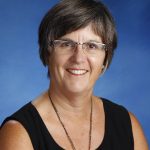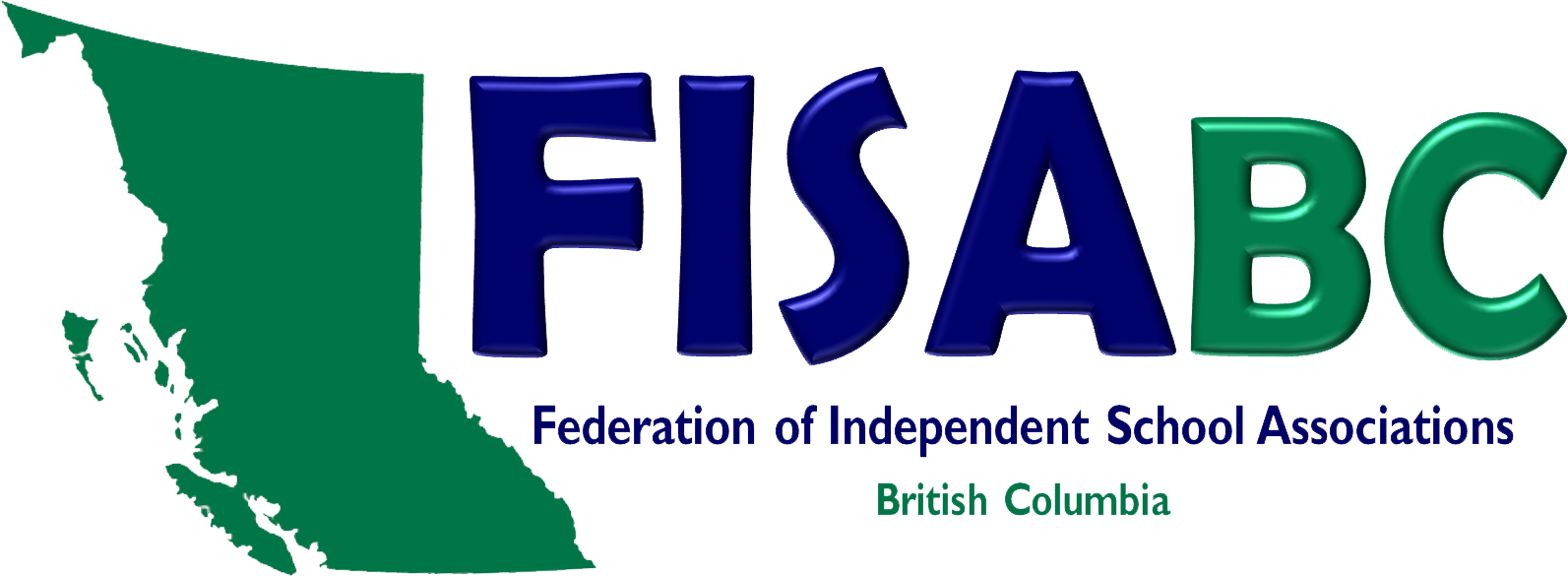
The complexities of Canadian history are illustrated by this country’s educational system.
For example, Catholic schools — led by the Sisters of St. Ann — existed in British Columbia for several decades in the nineteenth century before any public schools sprang up. Yet when the BC School Act came into effect in 1872, the only schools it recognized were public ones.
Yet the situation is different in Alberta, Saskatchewan and Ontario, where parents could — and still do — choose to pay taxes to either the public or the Catholic system.
This kind of dichotomy is woefully familiar to Bev Pulyk, the Superintendent for Island Catholic Schools and the chair of the Catholic Independent Schools of British Columbia. “Our whole belief has always been that parents have the right to make their own choices,” she says.
And, for her, the issue of choice informs all aspects of independent schooling, including the requirements Catholic schools may make of their teachers to live the faith. “The reality is you can’t ask people to authentically teach something they don’t know about or live,” she says. “If someone asked me to teach in a Hindu school, I couldn’t do that, because I don’t know the faith well enough.”
Bev acknowledges that it’s hard to defend faith in such a secular world, but she argues for the value of respecting differences. “Every human being deserves to be loved, cared for and respected. The question is how do we find that balance for everybody? How do we be respectful?”
In addition to dealing with faith-based challenges, Bev has also had to counter some of the popular misconceptions surrounding independent schools. For instance, there’s the belief that all children who go to Catholic schools are wealthy.
Nothing could be further from the truth. “Some families are well to-do,” she says, “but the majority are not.” Generous donations from the wealthy donors help buy land and build school buildings and tuition assistance subsidizes those who struggle financially.
Special education is another topic other that often comes up. Bev notes that the Catholic system takes children with special needs just as the public system does and, in fact, often takes a slightly higher percentage of such kids. But she doesn’t criticize any school for its policies. “It’s very hard,” she says. “Special ed is a challenge for all schools in this province. The classroom of today is very different from what it was 30 or 40 years ago.”
What Bev likes best about the current education system is the new curriculum. “Teachers are no longer the sage on the stage,” she says. Instead, they are facilitators for learning, helping children become independent life-long learners and better self-regulators.
“The classroom of today is about student engagement and developing critical thinking skills. Those were things we didn’t even think about 40 years ago,” she says.
With 22,118 students, there are some 76 Catholic schools in British Columbia, making up about 27% of all independent schools in the province. It’s a big ship and Bev, together with the other four Catholic superintendents, is proud to help be one of its skippers.
